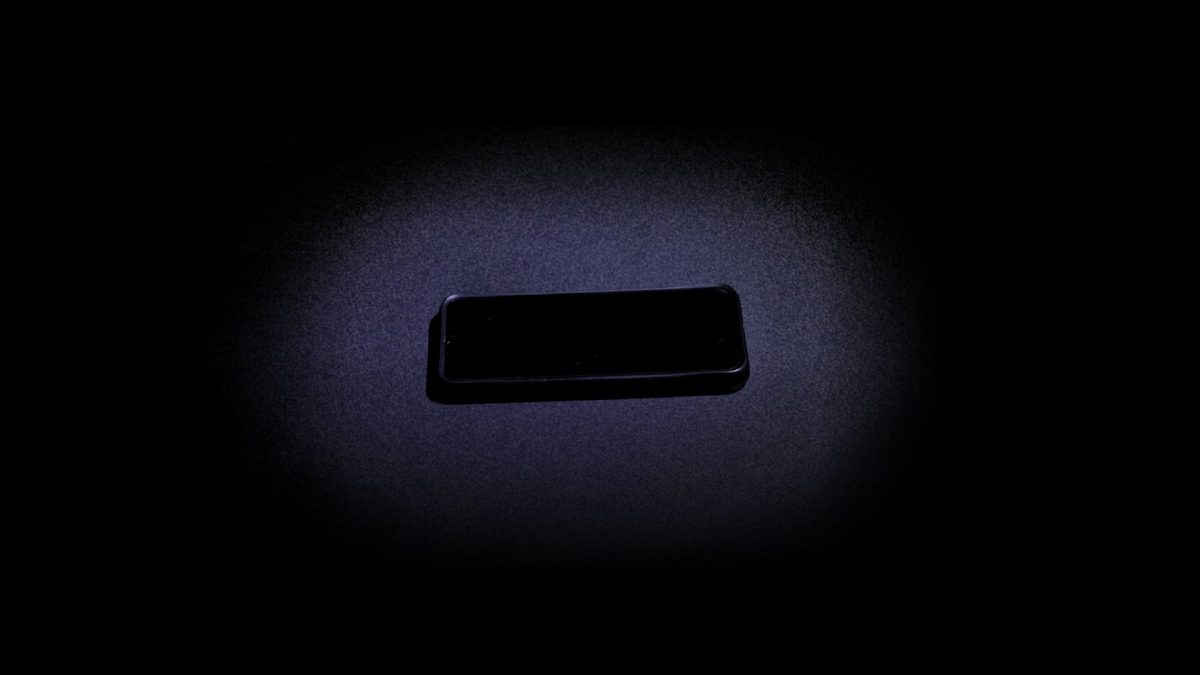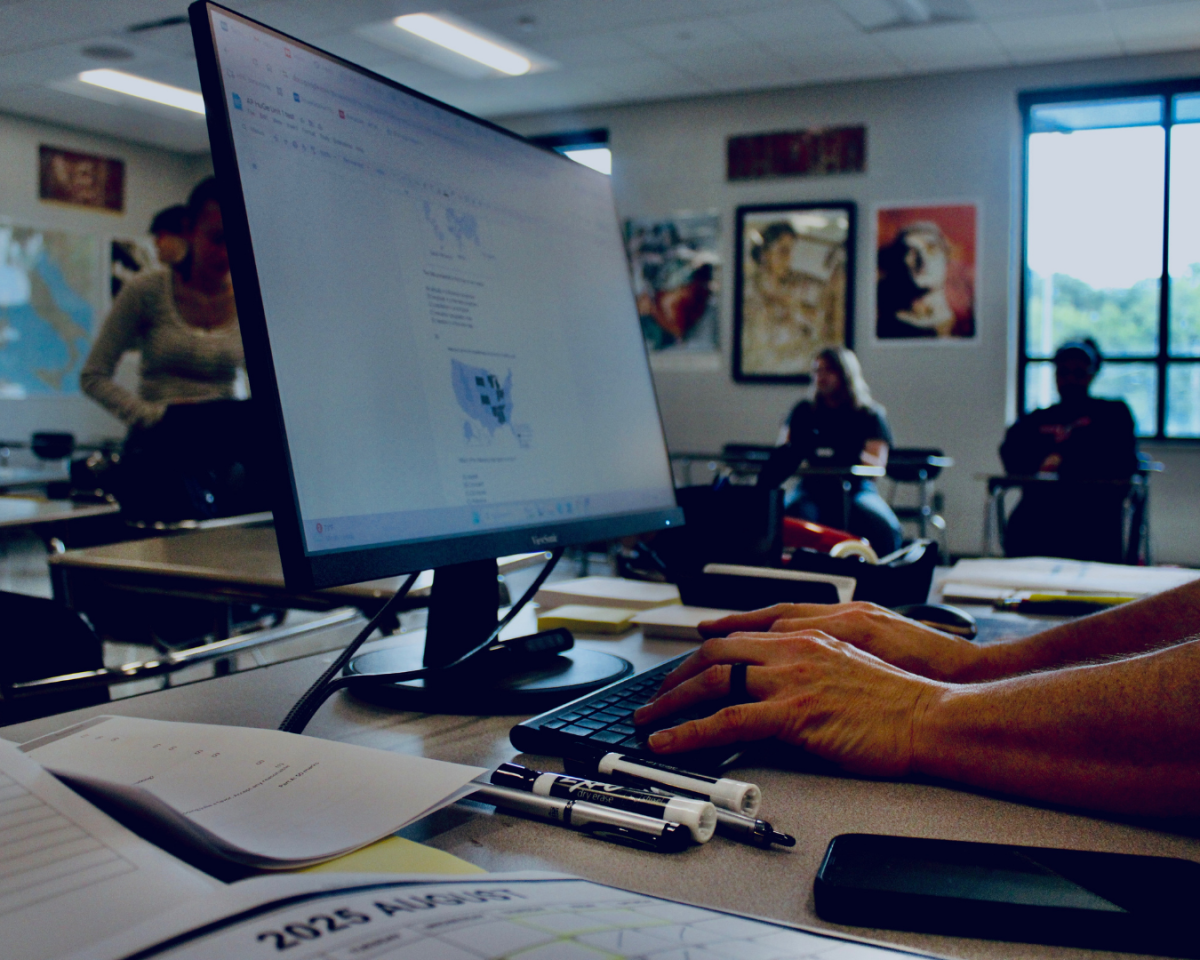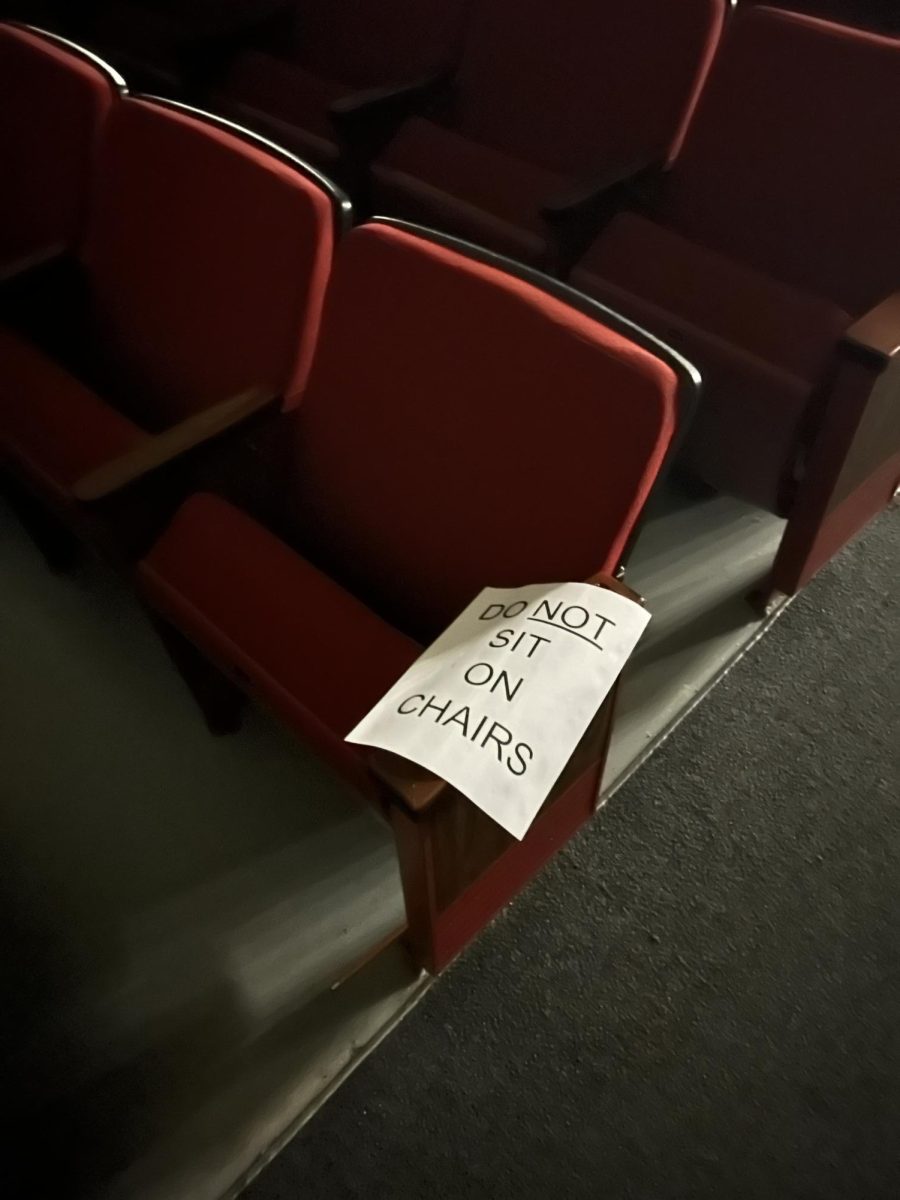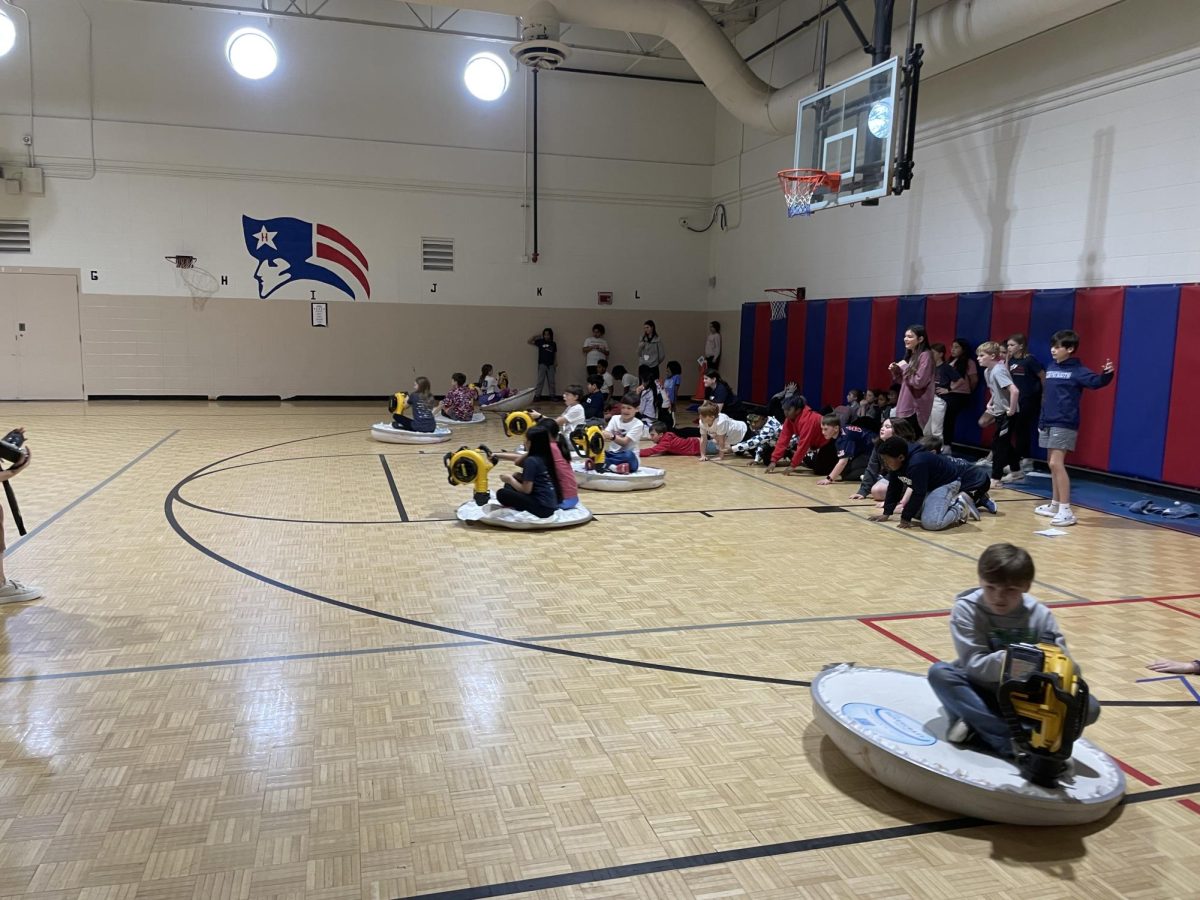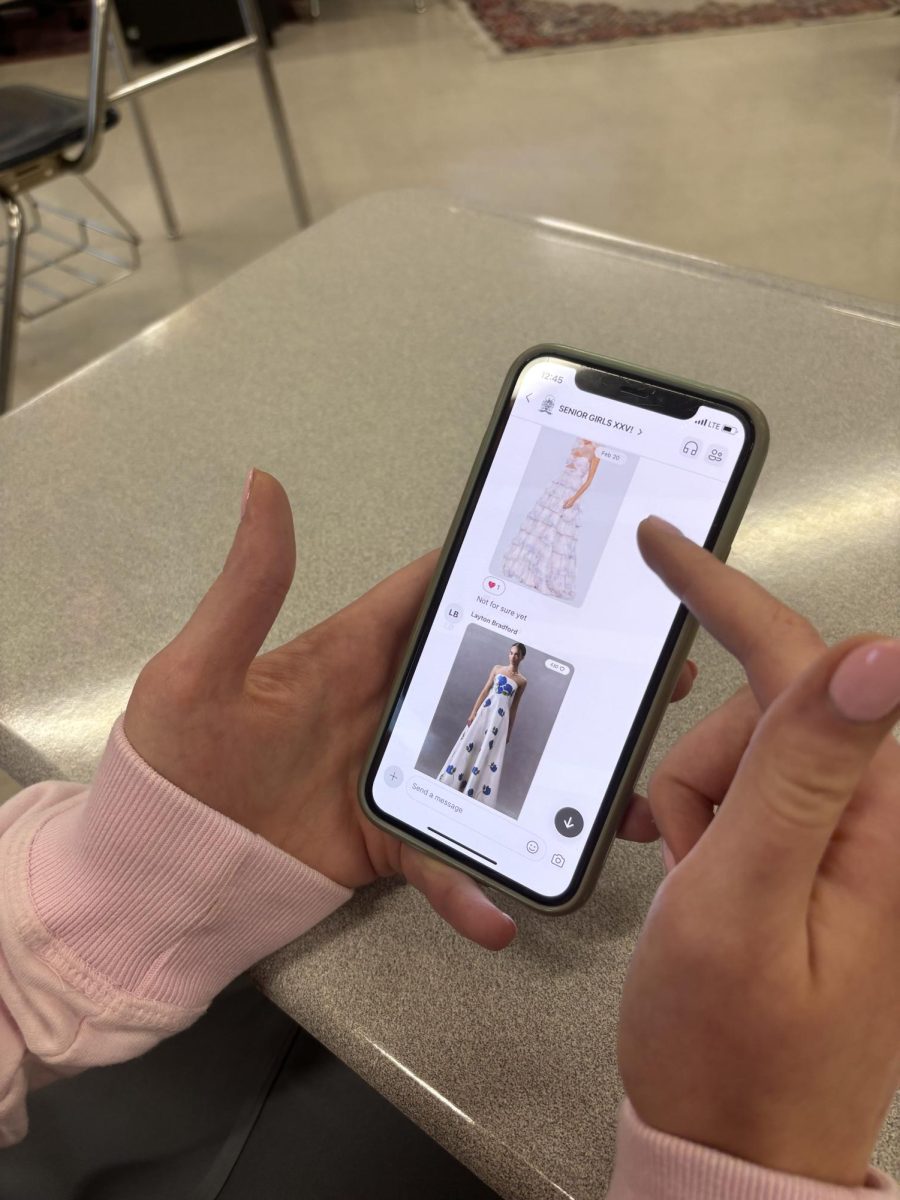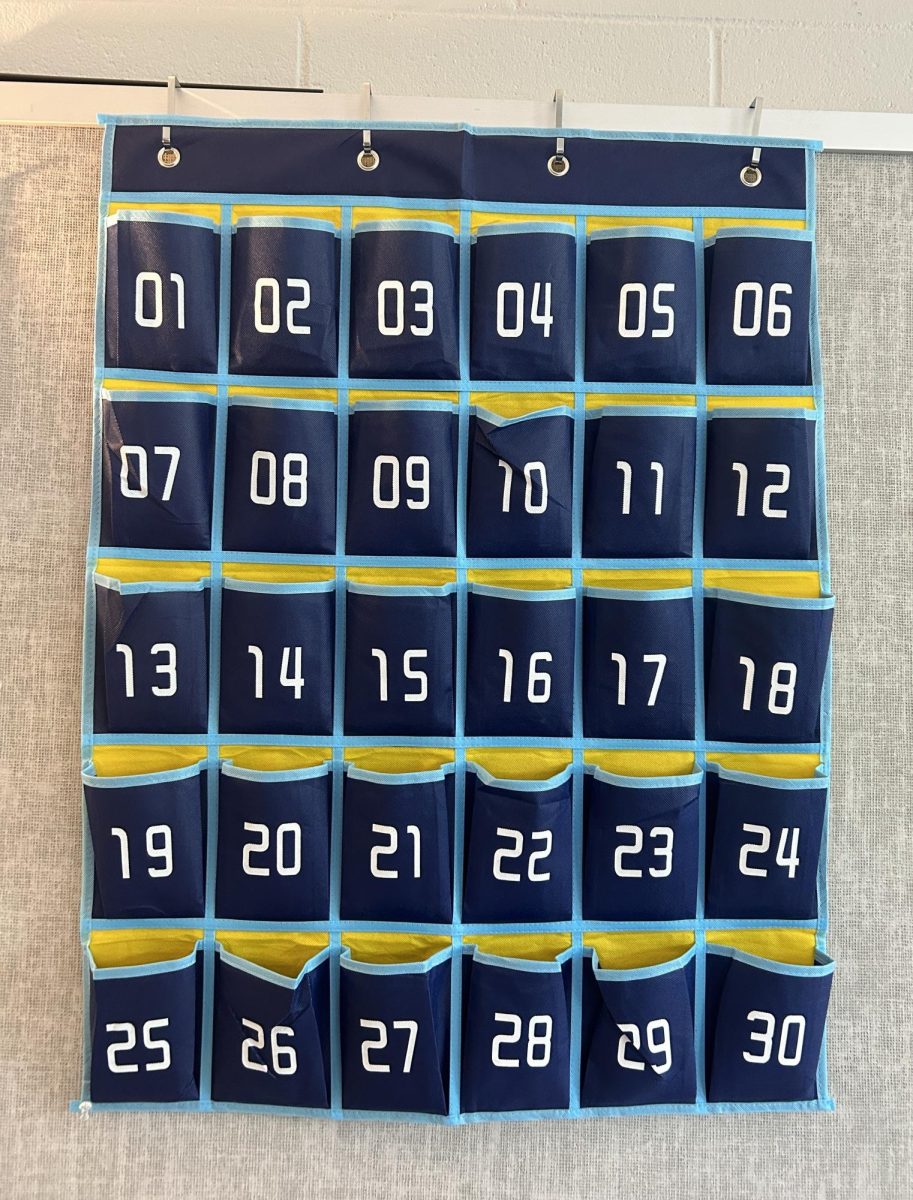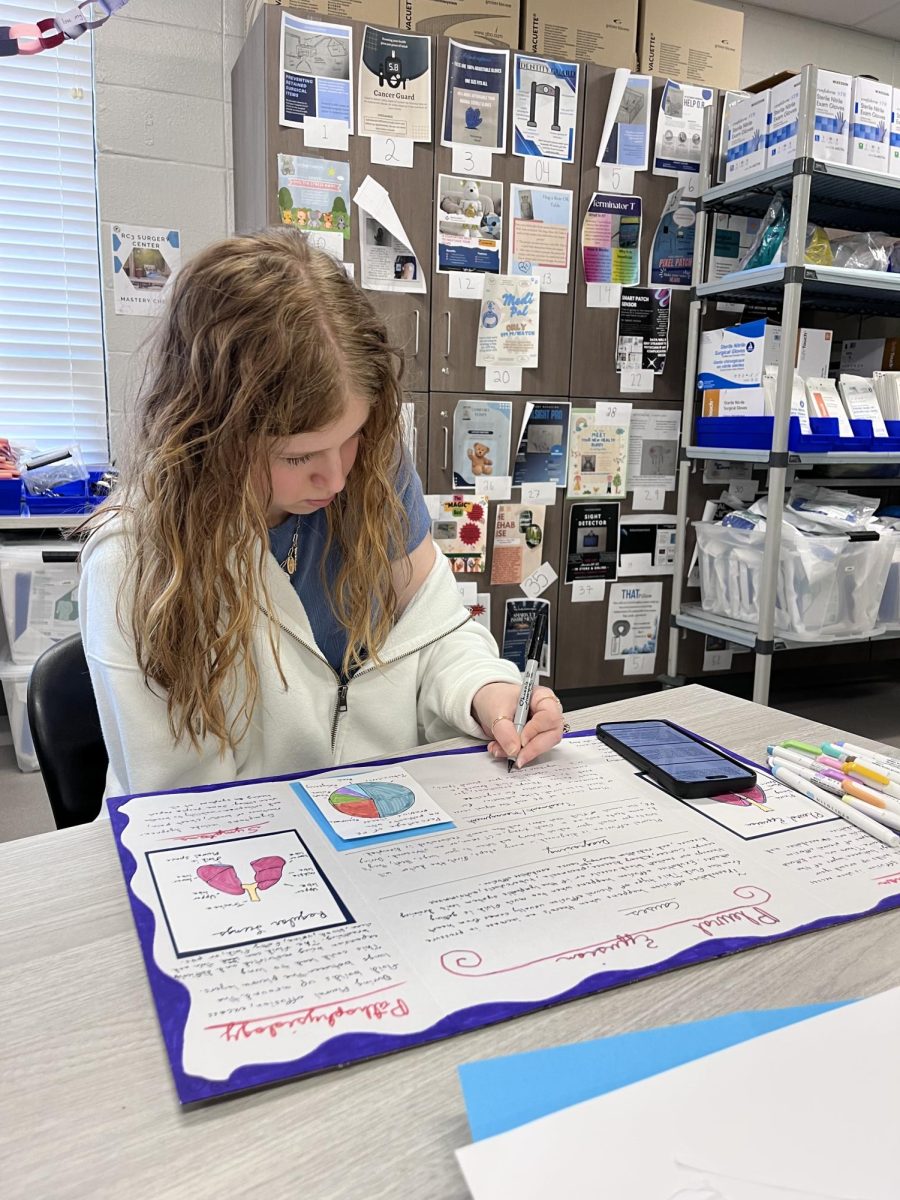Homewood High School has implemented new practices. Students are now required to put their phones away for the full 50-minute class period.
Dr. Joel Henneke said that this didn’t come out of the blue for HHS, changes like these have been in the works for some time.
“There were a lot of conversations that came up in the spring just about studies, research, impacts, and it got a lot of momentum and conversations, and in different states and school systems like that, so that’s why I was like, what about us? What, what are we going to do?” Henneke said.
Student well-being and mental health are the focus of these new practices, but there were also complaints from teachers about cell phone usage in class.
“I sent out a Google Doc for teachers to give me feedback, and I got some about cell phones,” Henneke said. “I felt like if you’re up there talking about something and there’s a kid in the front row just scrolling through his phone, that doesn’t feel right.”
Excessive cell phone use in class has been a problem not just at Homewood, but in many other school systems, as social media decreases attention span, making it more difficult for students to focus on notes and lessons in a classroom setting.
U.S. History teacher William Murray says that in his six years of teaching in Alabama and Georgia, it has become “more of a problem each year.”
He said the new policy has helped his students focus more.
“Last year the students were keyed into their phone and now they’re keyed into me.” Murray said. “The fact that they don’t have something else to do in front of them, it almost kind of forces them to at least absorb some information, even passively if they’re not actively participating in the class.”
Some students seem to be displeased with the practices that are now being enforced.
Junior Lily Trinh was upset about the new practices when she first heard about them, saying that these new changes are doing her a disservice.
“I did care, because when my work is done, I just want to have a mental break, but now I can’t have that,” Trinh said. “Right now I’m working but I know as soon as I get home, I’m scrolling on my phone,” Trinh said.
Other students said that the new practices haven’t changed anything for them.
Junior Fatima Vega Vazquez, said the practice did lower her screen time throughout the day and that things “didn’t really change,” for her.
Though students might not be pleased with the new practices in the sense of practicality, most acknowledge the mental health benefits.
Murray said,“I’m not trying to start a generational conflict or anything like that. But, they’ve done studies that show that cell phone use affects your brain in the same way that chemical addictions do. I don’t think cell phones are evil. I don’t think they all need to be destroyed, but I do think, like all things, they need to be taken in moderation.”
HHS will continue to consistently limit cell phone use with the intent to help students connect with peers face-to-face.


